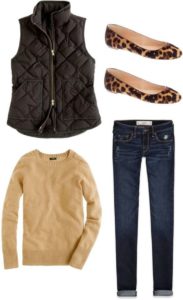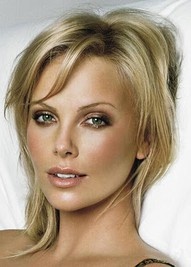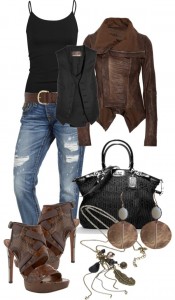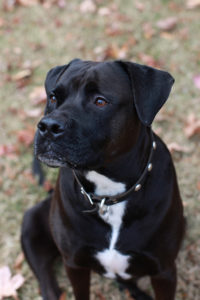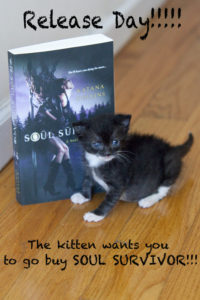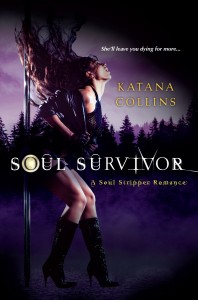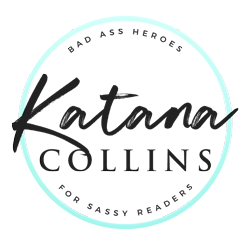This past weekend, I spoke at a great organization called Girls Write Now about romance as a genre and my personal process in developing characters and plot.
There are a lot of reasons a girl like me should hesitate before speaking in front of a group of teens.
1) I say f*ck. A lot. I think I managed to make it through my whole speech without a single curse word. Though, once I had to stop myself from saying badass–and it came out badbutt. Which made me sound like a total geek.
2) I wore pleather pants to the talk. Really, really tight pleather pants and as I walked in front of the group of lovely women, I had the realization of how inappropriate they may be.
C) I write EROTICA. And not sweet sex scenes by candlelight. I write ball-slapping erotica that hits you in the face with sweat and bodily fluids.
Sooooooo, yeah. Despite these little things about me, the wonderful ladies at Girls Write Now still invited me out. And during this chat, we also discussed how romance can be empowering and the previous tropes about the damsel in distress are fading with each new genre and generation. I, personally, love a good tale of a woman being swept off her feet, but I also love to read about a strong woman saving a man, too. The beauty of this genre is that there REALLY is something for everyone.
On my subway ride home, I began reading last year’s anthology from the Girls Write Now organization. It features essays and stories and poems from both the younger girls within the group as well as the mentors guiding each girl along their writerly path. And I have to say–these ladies are a talented bunch! Check out the website; check out the book. And consider buying it. Not only will you get some incredible writing, but your money will be going to a great cause.
Other than discussing my start with writing and how I got published and romance as a genre–I discussed my process in character development. When I’m developing a character, I dig deep. Really deep. I think it’s the past actress within me that wants to get deep into the mushy goo inside each of my characters and really know their motivations behind each scene. ‘Method Writing’ I’ve heard it called before.
Through reading amazing books such as Screenplay, The Comic Toolbox, Story and Plot, On Writing, Bird by Bird etc. I’ve managed to put together a series of questions and worksheets (that are admittedly not my own brilliant questions…just simply other questions I’ve gathered from various sources). Here are those questions I ask myself for any of the students or any other writers out there looking to dig a little deeper into their characters.
Step One. The Character Picture.
This is essentially the quick iPhone picture of your character. The things you’d be able to tell about him or her within a few minutes of meeting them. Example: Sarah has brown, curly hair, green eyes and olive skin. She lives in LA. She’s curvy and confident.
Step Two. The Character Sketch.
This provides a more in depth look at all my main characters and expands on the character picture information. This is where you reveal more depth about their psychology and past. So, for example, let’s say that Sarah was bulimic as a teenager. She almost died from malnourishment but pulled through and now she loves her curves.
Step Three. Revealing Scenes.
This part of the process helps you outline the potential scenes that will reveal categories and aspects of each character. So for example, you wouldn’t want to come right out and say that Sarah is a recovering bulimic. But if she all of a sudden is pulled into judging a beauty pageant and then when she’s backstage she hears a mother telling her daughter not to eat that candy because she’ll look fat on stage. That’s really interesting. We could see her muscles tense. Maybe she just barely stops herself from speaking out and instead, leaves the girl a ‘good luck’ snickers bar on her dressing table. That would be a very revealing scene for Sarah without having to state a super obvious observation about Sarah.
CHARACTER PICTURE QUESTIONS:
Book Title:
Character Name:
Age:
Ethnicity:
Height:
Weight:
Hair:
Eyes:
Education:
Residence:
Job:
Birth sign:
Religion:
Style of Dress:
Distinguishing Marks:
FAVORITE THINGS:
Music:
Food:
Color:
Pastime:
Hobbies:
Entertainment:
FACTS:
Children:
Pets:
General Outlook:
If you were to meet this character on the street, what would your first impression be?
Why?
What does this character need to learn and/or accomplish by the end of the story?
How will you foreshadow this ending in the story’s beginning?
CHARACTER SKETCH:
Family Situation:
Family Secrets:
Worst Fear:
Greatest Hope:
Skills:
Weakness:
Prized Possession:
Vulnerability:
Regrets:
Quirks:
Traumas:
Feelings about setting:
Overall Attitude:
Fears:
Joys:
Awards:
Degrees:
Dreams and Ambitions:
MOTIVATION
Top Priorities:
Favorite Things and People:
Obsessions:
Guilts:
CHARACTER ARC
Lessons to Learn:
Intended character changes:
REVEALING SCENES:
Scenes to reveal appearance:
Scenes to reveal quirks:
Scenes to reveal a character lesson:
Scenes to reveal motivation:
Scenes to reveal skills/weaknesses:
Scenes to reveal Trauma:
